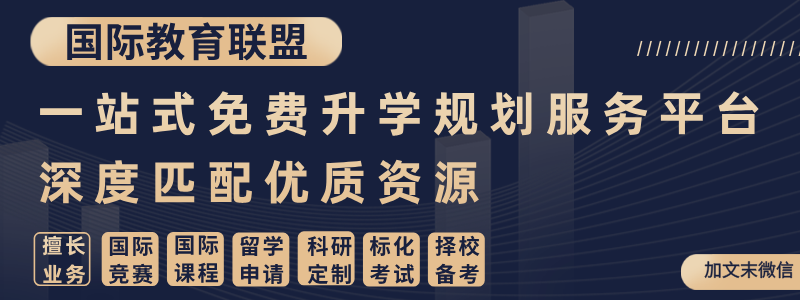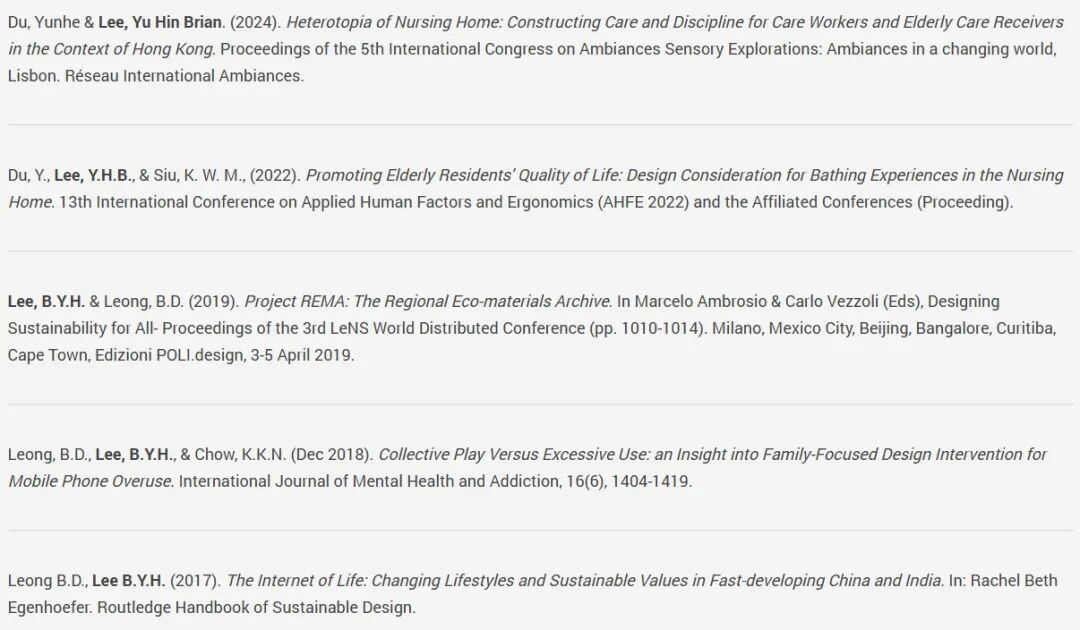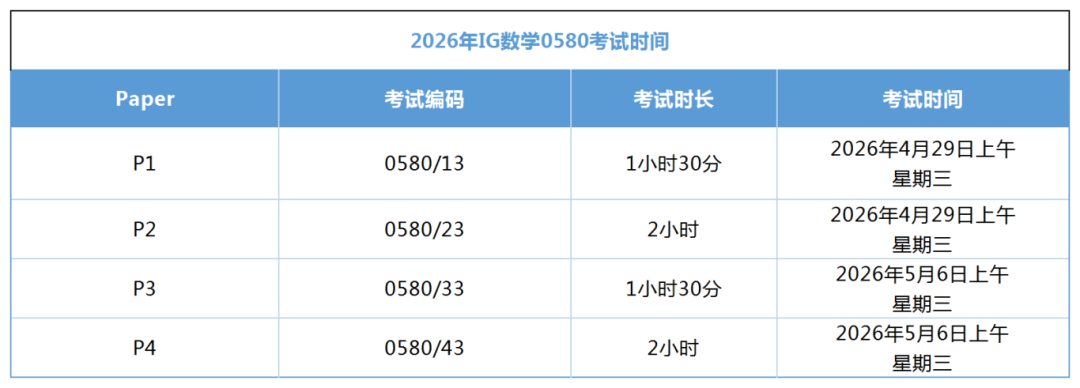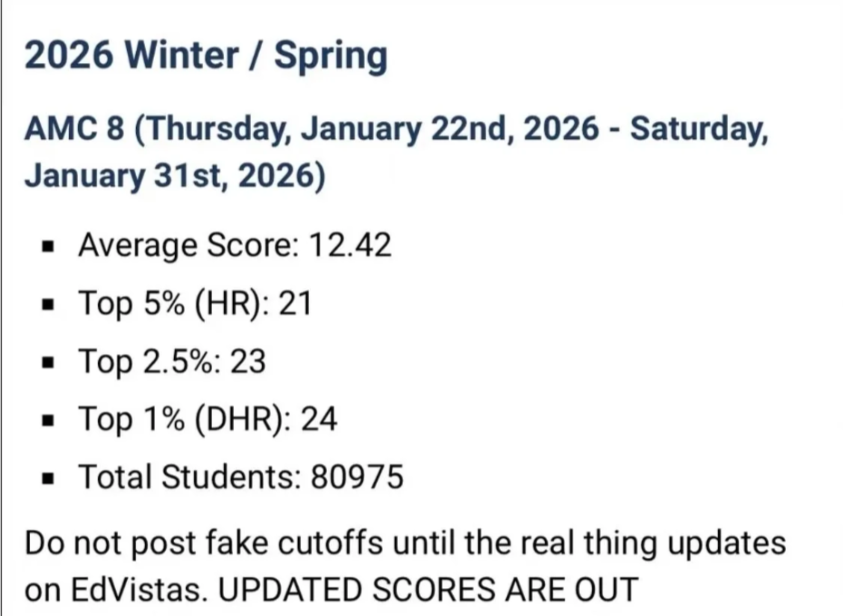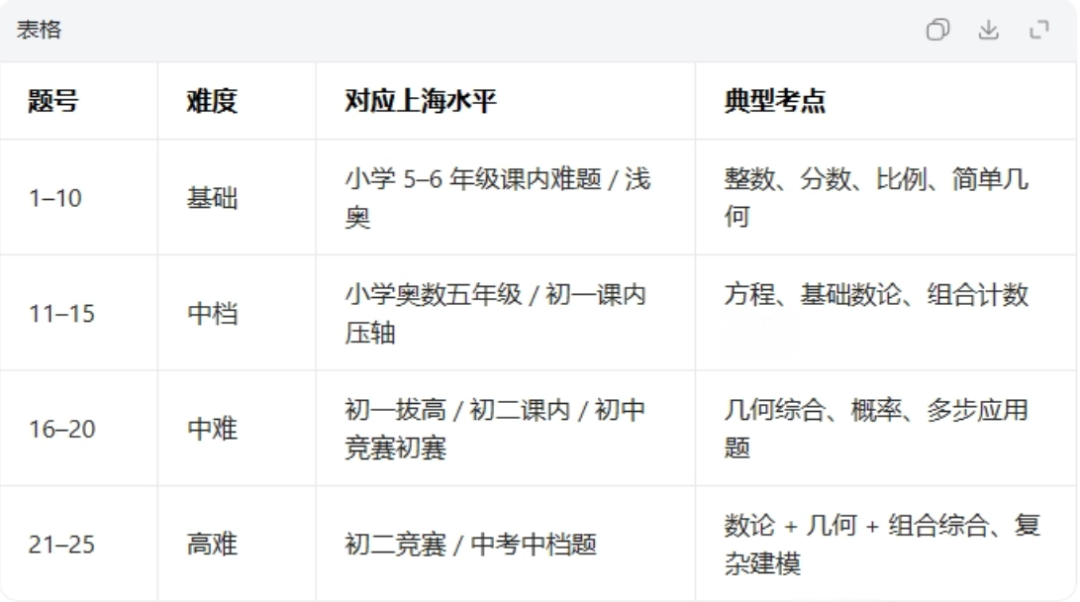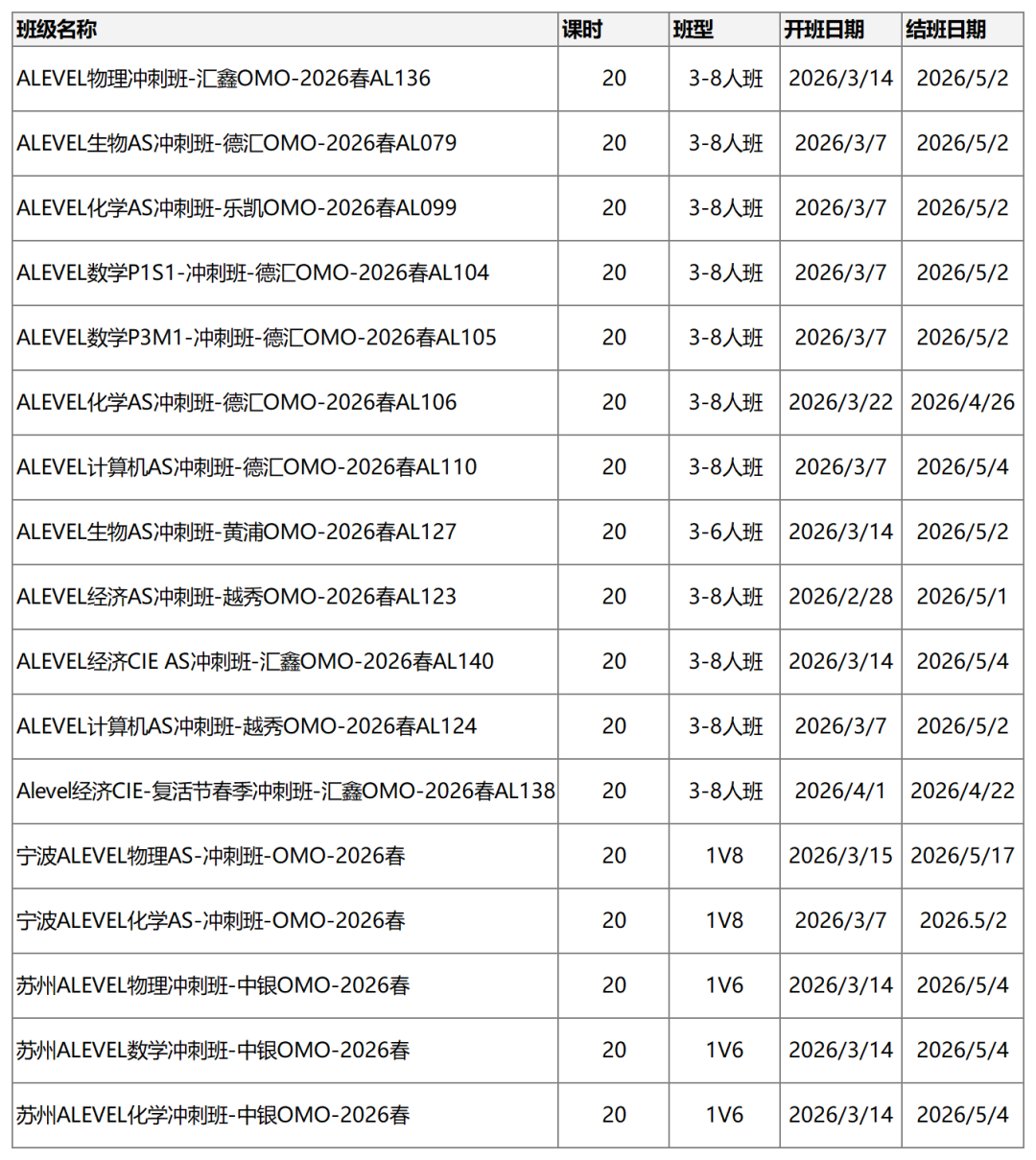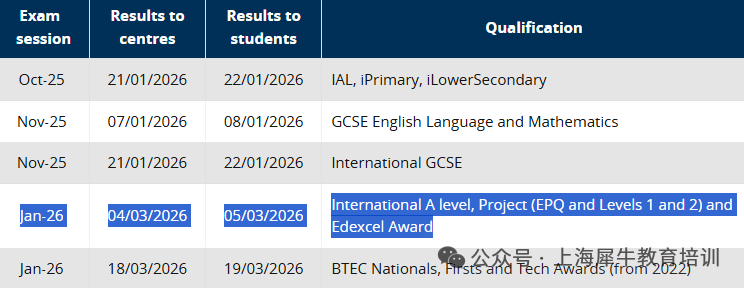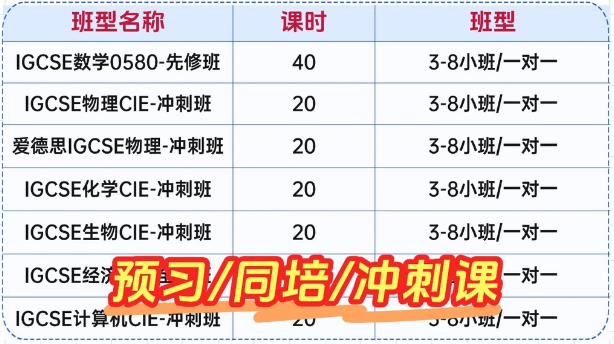本期为大家推荐莱顿大学、鲁汶大学最新岗位制博士项目信息。
莱顿大学
PhD candidate in Drug Metabolism, Pharmacogenetics and Phenoconversion
Leiden University | Department of Clinical Pharmacy and Toxicology (KFT)
APPLICATION DEADLINE:4 November 2025
The drug-metabolizing capacity of individuals is determined by the interplay between genetic and environmental factors. With the rise in clinical application of pharmacogenetics-based prescribing, it becomes also increasingly important to consider how non-genetic factors, like concomitant medication use and co-morbidities, together impact genetically predicted drug-metabolizing phenotypes (phenoconversion).
Within this project we aim to improve our understanding of the impact and mechanisms of phenoconversion in clinical practice. Moreover, we aim to evaluate how advanced in-vitro models, endogenous biomarkers and physiology-based pharmacokinetic modelling can be used for a more holistic prediction of drug- and/or disease-induced phenoconversion.
The project offers a unique shared position (50/50%) between the department of Clinical Pharmacy and Toxicology (KFT) at the Leiden University Medical Centre (LUMC) and the division Systems Pharmacology and Pharmacy of the LACDR. Candidates will be trained at both research institutes and will thus unite pre-clinical and clinical research into one unique position.
What you will do
- Conduct original, novel, and collaborative (pre)clinical laboratory research in the framework of the project and complete your PhD thesis within 4 years;
- Publish scientific articles in international peer-review journals;
- Present results at (inter)national conferences;
- Supervise research internships of students of the Master’s programs from Pharmacy and/or Bio-Pharmaceutical Sciences;
- Follow PhD courses based on an individual training and supervision plan.
What you bring
This position is a good fit for you if you recognise yourself in the following:
- M.Sc. degree in Pharmacy or (Bio)Pharmaceutical Sciences with evident experimental training;
- Clear interest in computational pharmacological modelling;
- Ability to work independently and as a team player within a multidisciplinary cross-departmental environment;
- Full proficiency in English (provide an IELTS/TOEFL score if available);
- Excellent communication skills;
- Hands-on experience with LC-MS is preferred
Where you will work
Curiosity and passion for science are what connect our people: the desire to know, understand, interpret, explain and create. Our mission is to provide excellent teaching and research across the full breadth of the sciences, contributing to solutions for major societal challenges. Our eight institutes, ranging from mathematics, computer science, astronomy, physics, chemistry, and biopharmaceutical sciences to biology and environmental sciences, along with the Lorentz Center and the Hortus botanicus, form the backbone of our faculty and have a strong mutual interconnectedness.
We work in a safe, stimulating and international environment where people work and study with pleasure and passion, and where building connections and collaboration, both within and beyond the faculty, are a clear choice. The faculty has over 2,700 staff members and more than 6,000 students enrolled in nine bachelor's and fifteen master's programmes. We are located in the heart of the Bio Science Park, one of Europe’s largest science parks, where academia and industry meet.
What we offer
We offer a full-time appointment of initially one year. After a positive evaluation of the progress of the research, teaching evaluations, personal capabilities and compatibility, the appointment will be extended for another three years. You will be appointed in accordance with the Collective Labour Agreement for Dutch Universities. The salary ranges from € 3.059,- per month in the first year to € 3.881,- gross per month in the fourth year based on a full-time position (pay scale P).
Leiden University offers an attractive benefits package with additional holiday (8%) and end-of-year bonuses (8.3 %), training and career development. Our individual choices model gives you some freedom to assemble your own set of terms and conditions. For international spouses we have set up a dual career program. Candidates from outside the Netherlands may be eligible for a substantial tax break. For more information, see the website: https://www.universiteitleiden.nl/en/working-at/job-application-procedure-and-employment-conditions.
All our PhD students are embedded in the Leiden University Graduate School of Science. Our graduate school offers several PhD training courses at three levels: professional courses, skills training and personal effectiveness. In addition, advanced courses to deepen scientific knowledge are offered by the research school.
Want to apply or find out more?
Enquiries can be made to Dr. M.L.Manson (m.l.manson@lacdr.leidenuniv.nl) or Prof. dr. Jesse Swen (j.j.swen@lumc.nl).
To apply for this vacancy, please submit your application online via the blue button below. Please ensure that you upload the following additional documents (in pdf format) quoting the vacancy number:
- Curriculum vitae
- Motivation letter (maximum one page), explaining how your experience and interests match with this PhD project.
- Contact information of at least three potential references, including your previous supervisor(s)
Candidates will be invited for an interview. An assessment of writing skills is part of the application process.
Only applications received before 4 November 2025 can be considered.
鲁汶大学
Wireless communications enhanced by distributed movable antennas
KU Leuven | Department of Electrical Engineering
APPLICATION DEADLINE: 11 December 2025
This PhD position is part of a collaboration between imec and KU Leuven under the supervision of Prof. Sofie Pollin (KU Leuven) and co-supervision of Prof. Claude Dessert (IMEC). The vacancy is hosted primarily at imec (Leuven, Belgium). Applications must be submitted through the imec website.
Imec is a world-leading research and innovation hub in nanoelectronics and digital technologies. Working closely with KU Leuven, imec combines fundamental research with industrial partnerships to develop the technologies that shape future applications.
The research centre WaveCoRE in the Department of Electrical Engineering (ESAT) of KU Leuven focuses on wireless communication fundamentals and systems. In the WaveCoRE, the Networked Systems group led by Prof. Sofie Pollin covers research on various fields of wireless communications and networking such as Cell-Free Massive MIMO, Non-Terrestrial Networks (NTN), Internet of Things (IoT), Joint Communication and Sensing, Machine Learning-based Signal Processing, and Simultaneous Wireless Information and Power Transfer (SWIPT), etc.
Project
Over the last decades, communication networks have grown exponentially, now offering high-speed mobile internet based on 5G and soon 6G networks. This has mostly come from two ingredients: more bandwidth, especially at higher frequencies, and the use of multiple antennas (MIMO) technologies to transmit multiple data streams in the same frequency band.
MIMO has been used for point-to-point links in lower frequency bands, for transmitting signals in parallel towards multiple users (MU-MIMO, Massive MIMO), or in combination with beamforming to improve the link gain in higher frequency bands (Hybrid MIMO). Distributed MIMO solutions have also been investigated, in order to benefit from more channel diversity.
Still, all those approaches assume a static deployment and reuse some approximations such as half-wavelength beamforming subarrays with linear phase control in the far field. The rich field of MIMO communications can now be brought to the next level with fundamental research targeting jointly near-field, mobile and massive communications. In this PhD, you will especially investigate the following problems:
- In far-field communications, a point-to-point line-of-sight MIMO channel lacks diversity and only supports one stream. Near-field communication relaxes this constraint on channel rank and offers much more throughput potential. You will model the related propagation, dimension the corresponding systems and design optimized transmit/receive algorithms to benefit from this channel richness.
- Unlike traditional half-wavelength regular arrays, sparse arrays and movable antennas offer new degrees of freedom. This can be a challenge - complicating channel estimation and link adaptation - but also an opportunity - actively moving antennas at short range to improve the communication link, or benefiting from the high directivity, limited grating lobes and reduced hardware cost from sparse arrays. You will model the propagation in such scenarios, propose solutions to deal with system mobility and exploit antenna degrees of freedom to improve the link performance.
- Specific applications of distributed MIMO will be investigated for robotics, drones or vehicles. In such scenarios, mobility is both a challenge and an opportunity. You will study scenarios including many mobile devices, developing new heuristics to determine which devices should communicate with each other in real-time.
- Finally, massive and distributed antenna systems also require a simplified design of individual elements, such that the whole system remains cost and power effective. You will investigate implementation trade-offs between performance, power consumption and communication robustness, considering technologies such as MEMS supporting movable antennas.
This research demands creativity and unconventional thinking. You will navigate complex trade-offs involving massive antenna arrays, computational feasibility, theoretical limits, and real-world hardware constraints. To start exploring this emerging domain, you will first develop a complex and realistic simulation environment in Matlab or Python, based on a custom near-field mobile channel model and including hardware non-idealities. You will also consider technological aspects in order to realize movable antennas and the corresponding features and limitations.
As a PhD student, you will be part of a large imec team working on the research, implementation and prototyping of future communications systems composed of experts in digital, analog and mm-wave design, wireless communication systems, signal processing, channel modeling and machine learning. This is a unique opportunity to develop innovative, multi-disciplinary technology and shape future wireless networks. You will publish your research in top-level journals and conferences.
Profile
- We are looking for highly motivated Ph.D. researchers with expertise in wireless communications and signal processing.
- The applicant should hold a master's degree in electrical engineering, Telecommunication Engineering, or relevant fields.
- The applicant should also meet the minimum eligibility criteria for enrolling as a Ph.D. student at KU Leuven, namely, having exceptional grades as well as proficiency in English.
- The applicant should have knowledge of channel modelling and MIMO is a plus. Proficiency with Matlab or Python.
- Additionally, the applicant should have strong interpersonal skills and the ability to work in an international team.
Offer
- A Ph.D. scholarship for up to four years (subject to positive intermediate evaluations).
- An inclusive research environment, working on the intersection between theory and implementation, in a very multidisciplinary research environment.
- A Ph.D. title from a highly ranked university, ranked#50in Best Global Universities according to US News.
- Opportunity to build up an international network, participation in international conferences and collaborations.
- Competitive salary and funding
- Access to imec’s world-class facilities and collaboration with leading experts
Interested?
Applications must be submitted via the imec website:https://www.imec-int.com/en/work-at-imec/job-opportunities/wireless-communications-enhanced-distributed-movable-antennas
The reference code for this position is 2026-031. Mention this reference code on your application form.
For more information, you can contact Prof. dr. ir. Sofie Pollin, mail: sofie.pollin@kuleuven.be or Prof. dr. ir. claude.desset@imec.be


